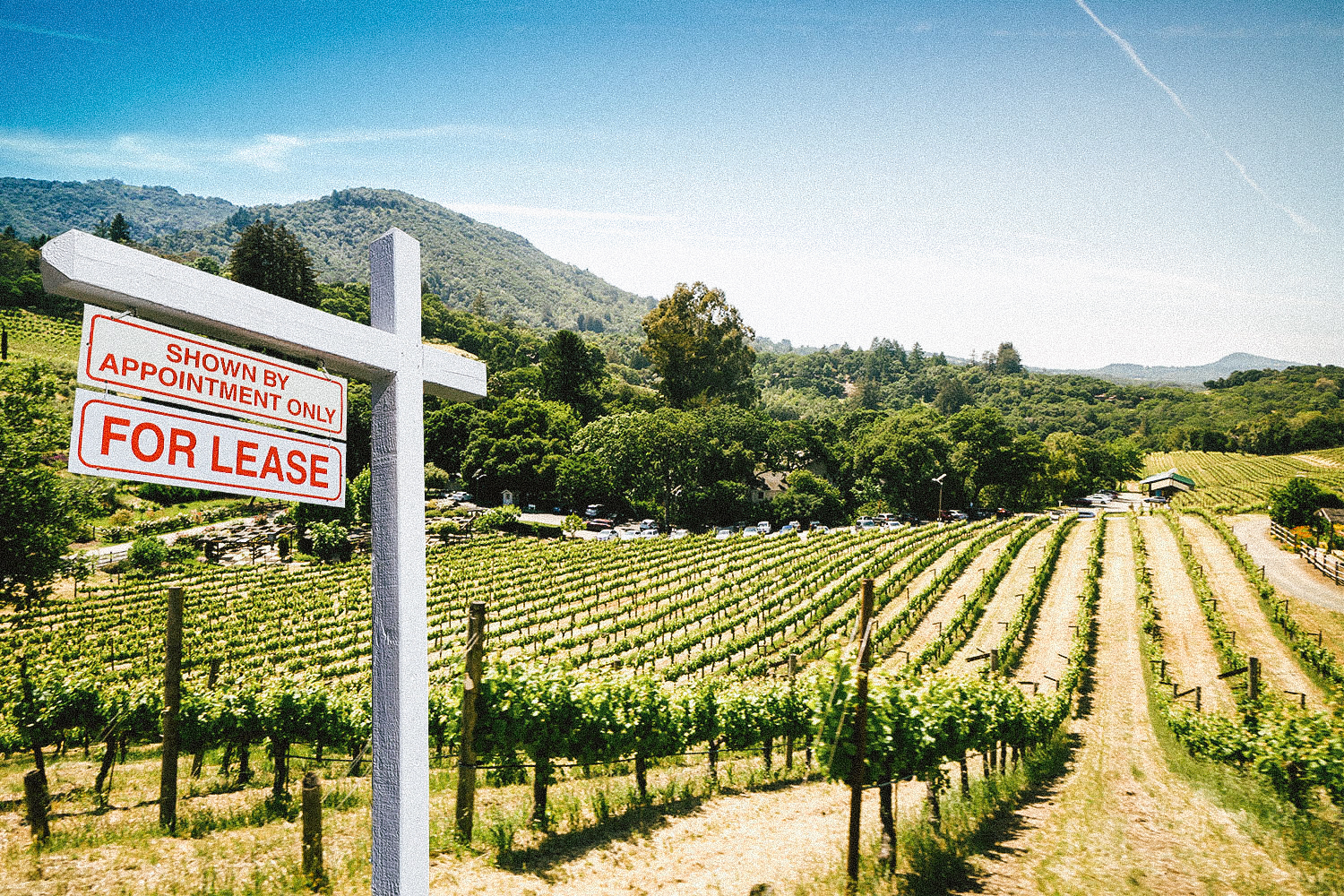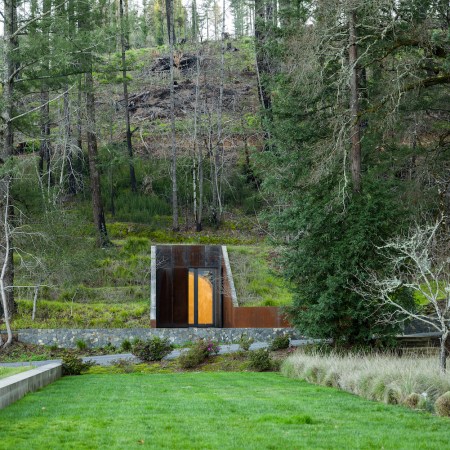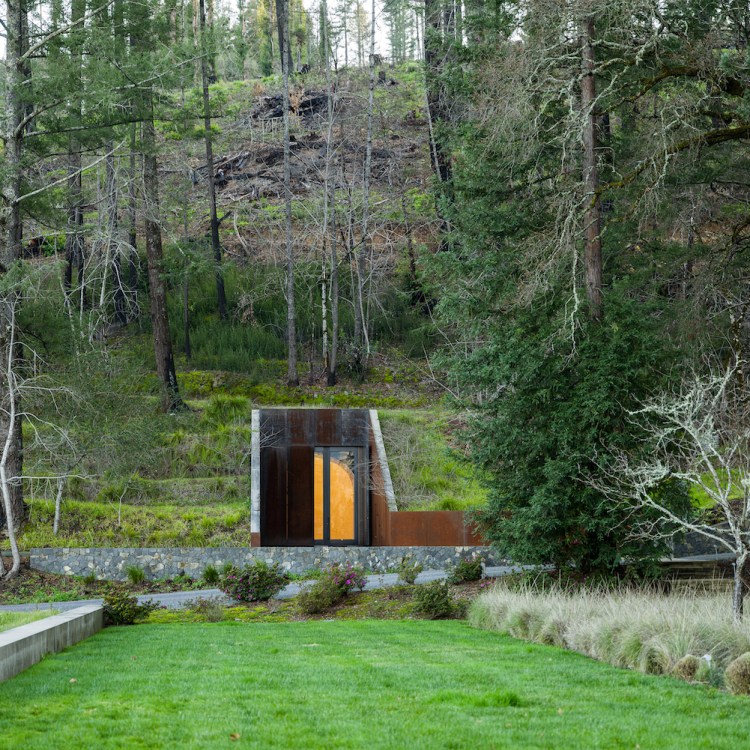When you think of pop-up restaurants, many of the connotations that come to mind are decidedly modern. Chefs using a temporary space to make their mark on a food scene, for instance, or someone taking advantage of a seasonal product. Some pop-up restaurants can lead to bigger things for the people involved; some can focus on a particular dish or cuisine. But it turns out that the history of pop-up eateries goes back a lot longer than some might believe.
A new article by Kat Barber at Atlas Obscura describes the author’s visit to the German town of Untertürkheim, where wine has been a part of the local economy since the 13th century. Barber writes that local laws permit winemakers to set up temporary spaces to serve recently-made wine in their homes, as long as they hang a broom over the doorway. These spaces are known as besenwirtschaften or besens.
According to the article, the practice of allowing temporary wine bars goes back to the time of Charlemagne, and modified versions of the traditions can be found in numerous wine regions across Germany. But for all of the casual atmosphere that drinking wine in someone’s home or garage might suggest, there are still limits on how many people can be in the space at once, and what can and can’t be served. For instance, if you’re looking for beer alongside your wine, you might need to go elsewhere.
The idea of drinking wine in close proximity to the people who made it could seem very modern; still, as the tradition of the besens shows, its history is much older than that.
Every Thursday, our resident experts see to it that you’re up to date on the latest from the world of drinks. Trend reports, bottle reviews, cocktail recipes and more. Sign up for THE SPILL now.

















